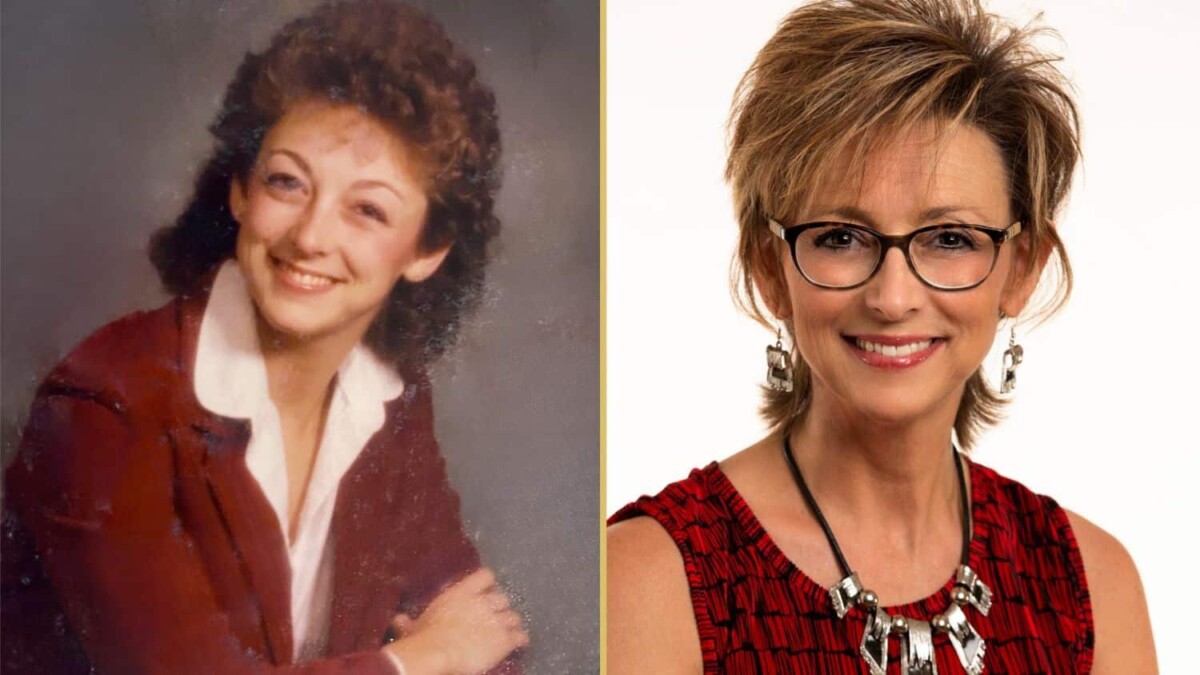This year, our daughter got us started on writing the answers to some questions about our lives through a program called “Storyworth.” I know there are several versions of this service out there but basically, you get email questions weekly about various aspects of your life for family legacy purposes. And at the end of a year, it will all be compiled into a lovely book for your family. I love the idea even if I don’t love having to think about all of the questions!
First Thoughts
The title of this blog was a recent question in our Storyworth process that also made me think outside of just our family: What advice would you give your 20-year-old self?
My first thought was money advice. How does that saying go? “Most people don’t regret what they did in life as much as they regret what they didn’t do.” I find myself thinking about that more and more as I get older. It also seems to nudge me to make decisions about things a little quicker and take a few more risks as well.
Take Matters into Our Own Hands
I’m not one to dwell on negatives and prefer to look forward rather than backwards. After all, we can only change the future, not the past, right? Yet I have also come to realize that when it comes to the life skill of making wise financial decisions, our societies need us to look backwards and learn from our mistakes.
And since financial literacy is not yet prioritized like the “three R’s” (reading, writing, and arithmetic – obviously not spelling!), I believe we have to take matters into our own hands within our families and extended families.
Knowledge Is Power
I know I recently wrote about the importance of financial literacy for youth but at this “back to school” time of year, I believe it bears repeating as a good opportunity to reflect and also take action. We probably know some 20-somethings in our life. Sometimes sharing knowledge and experiences can be better accepted by that crowd from non-parents (aunts, grandmothers, friends).
Planting the Seed
Sharing stories is typically more welcome than shaking a finger and giving “advice.” Maybe you have success or failure examples you lived through related to money decisions that are worth sharing with a younger person in your life. Whether there is a teachable moment going on, a headline or news story that triggers a conversation, or you just share because you care… it doesn’t matter. Planting a seed, a thought, a resource, a tip, etc. can sometimes make all the difference for someone.
Where does one start when it comes to money and personal finances? I wrote some checklists for Parents and Youth that can provide tools, resources, and articles to help with that question. Just starting a conversation, sharing a story, and noting a few solution options might be what someone needs.
My Answer
My answer to the advice for my 20-year-old-self question would be to automate my financial life as young as possible. One of the checklists in my bundles addresses my answer: Autopilot Your Finances.
The younger we realize that taking the emotion out of several money decisions (saving, investing, spending), the sooner we can force ourselves to save for a rainy day and invest for the future by paying ourselves first. All automated. You make the decision ONCE to set up automatic transfers, and you don’t have to think about it again:
- From your checking (after your direct deposit is received from employment) to your savings.
- From your checking to an investment account (just like a 401k contribution but this one could be into a Roth IRA or a taxable account NOT tied to your employer).
- From your checking to your fixed expenses (these are your NEEDS not your WANTS) like mortgage/rent, utilities, auto insurance, etc.
You Can’t Afford to NOT Do It Now
I remember rationalizing as a young mother in my 20s, that we couldn’t afford to put more money away into savings or investing. And that it would get easier and there’ll be a better time when we had bigger salaries, reduced childcare costs, better market performance, higher savings rates, yadda yadda yadda! The truth is always that you can’t afford NOT to do it now. The long-term results can be substantially different.
Just like Mark Twain used to say, “the secret to getting ahead, is getting started.” Let’s help the youth in our lives to get started. Sooner is better than later BUT, it is never too late to start either. That beauty of compounding and the advantage young people have of time on their side can be lost (or at least minimized) forever if they don’t get started. Who will you talk to soon to share your answer to this question?
Let’s Have a Conversation:
What advice would you give your 20-year-old self? How can you make that answer a positive in your life for someone else now? Have you already shared your tips with a younger person?
Marie Burns is a Certified Financial Planner, Speaker, and Author of the bestselling Financial Checklist books. Find Marie on Facebook or contact her at [email protected]
This article was first published at 60 and Me – a community that helps women over 60 live happy, healthy and financially secure lives.

